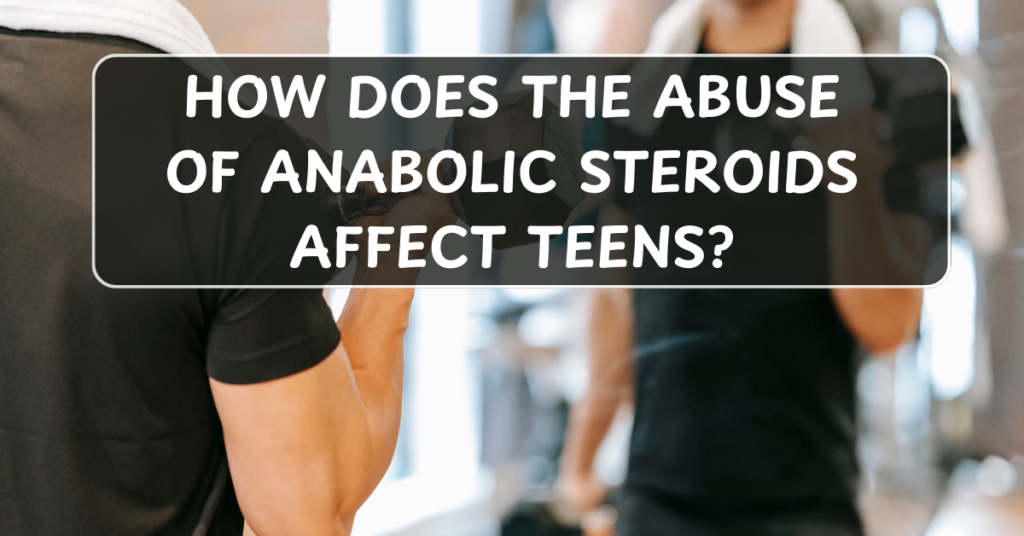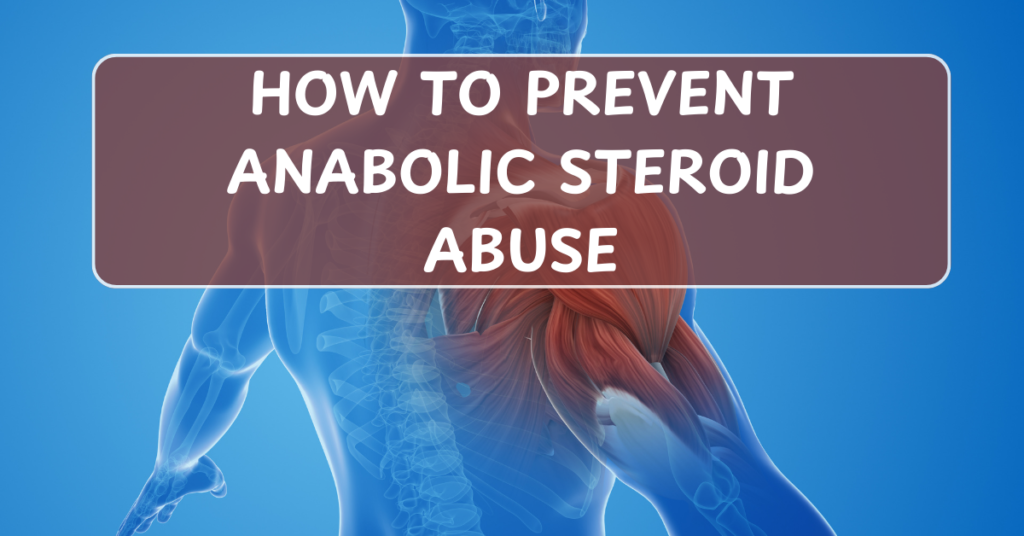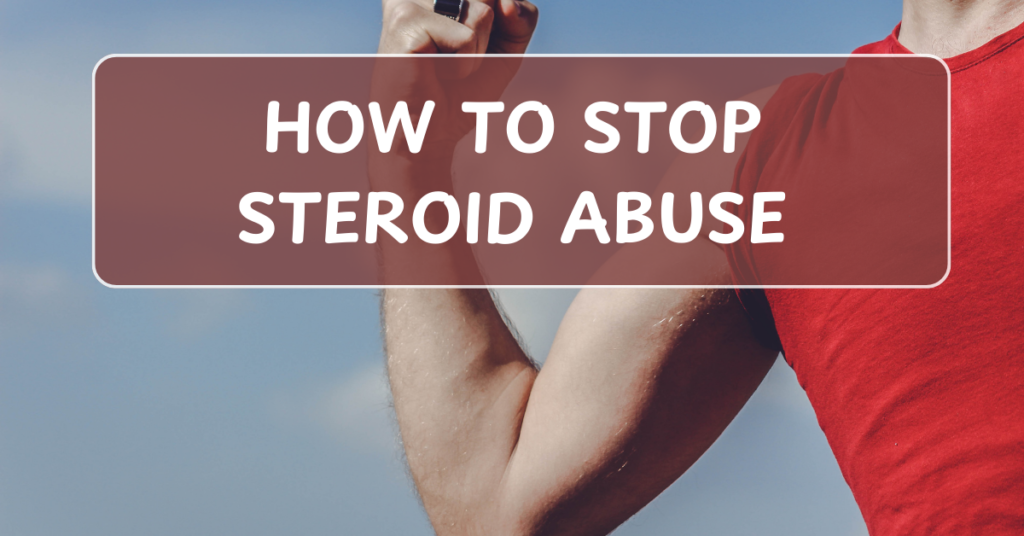
The abuse of anabolic steroids—synthetic variations of the male sex hormone testosterone—has become a growing concern among teenagers. While some teens may initially turn to these substances to improve their athletic performance, physical appearance, or strength, the risks associated with steroid abuse can be severe, especially during the critical years of growth and development. Understanding how steroid abuse affects teens is crucial for parents, educators, and healthcare providers to address this issue and help prevent long-term harm.
Physical Effects of Steroid Abuse in Teens
- Stunted Growth:
- One of the most concerning effects of steroid abuse in teens is its impact on growth. Steroids can interfere with the normal development of bones and tissues, potentially leading to premature closure of growth plates in the bones, which can stunt growth and result in shorter-than-average height in adulthood.
- Hormonal Imbalances:
- Steroid abuse alters the body’s natural hormone balance. In boys, this can lead to a reduction in the natural production of testosterone, causing testicular shrinkage, decreased sperm production, and potential infertility. In girls, it can cause the development of male characteristics, such as deeper voice, facial hair growth, and irregular menstrual cycles.
- Acne and Skin Issues:
- Increased oil production in the skin, which is common with steroid use, can lead to severe acne and other skin problems. Teenagers who already experience acne due to puberty may find that steroids worsen these skin conditions, leading to scarring.
- Cardiovascular Problems:
- Steroid abuse can increase the risk of heart disease by raising levels of bad cholesterol (LDL) and lowering good cholesterol (HDL). This can contribute to the development of plaque in the arteries, increasing the likelihood of heart attacks, stroke, and other cardiovascular issues later in life.
- Liver Damage:
- Anabolic steroids can be toxic to the liver, particularly when taken in high doses or over extended periods. This can lead to liver damage, tumors, and even liver failure in severe cases.
- Increased Risk of Injury:
- While steroids can increase muscle size and strength, they don’t necessarily improve tendon and ligament strength. This can increase the risk of musculoskeletal injuries, such as strains and tears, since the tendons and ligaments may not be able to handle the stress placed on them by the increased muscle mass.
Psychological and Behavioral Effects
- Aggression and Mood Swings (Roid Rage):
- A well-known side effect of steroid abuse is roid rage—extreme irritability and aggression. Teens using steroids may experience intense mood swings, becoming angry or violent over minor frustrations. These outbursts can have a negative impact on relationships with family, friends, and peers.
- Paranoia and Delusions:
- Steroid abuse can lead to feelings of paranoia, anxiety, and delusions, where teens may feel excessively suspicious of others or believe they are being targeted. This can strain their relationships and affect their overall mental well-being.
- Addiction and Dependence:
- Anabolic steroids can be psychologically addictive, leading teens to rely on the drugs to maintain their sense of confidence, self-esteem, or body image. This can cause dependence, where the teen feels unable to stop using steroids despite the negative physical and emotional consequences.
- Depression and Suicidal Thoughts:
- After discontinuing steroid use, some teens may experience depression and a sense of loss, particularly if their body image was tied to their muscle mass or physical appearance. In some cases, this can lead to suicidal thoughts or behaviors.
Social and Legal Consequences
- Impact on Relationships:
- The behavioral and emotional changes caused by steroid abuse can damage relationships with friends, family, and romantic partners. Aggressive behavior, mood swings, and social withdrawal can make it harder for teens to maintain healthy connections with others.
- Legal Consequences:
- The possession, use, and distribution of anabolic steroids without a prescription is illegal in many countries, including the United States. Teens caught using or selling steroids can face legal penalties, including fines, probation, and a criminal record, which can affect their future educational and career opportunities.
- Unhealthy Body Image:
- The pressure to conform to unrealistic physical ideals, often perpetuated by social media and certain athletic cultures, can lead to an obsession with achieving the “perfect” body. This body dysmorphia can become exacerbated by steroid use, with teens focusing more on physical appearance than their overall well-being.
Conclusion
The abuse of anabolic steroids in teens can have profound, long-lasting effects on their physical, emotional, and social health. While steroids may offer short-term benefits in terms of muscle growth and athletic performance, the long-term consequences—including stunted growth, cardiovascular damage, psychological problems, and social difficulties—far outweigh any potential advantages.
It is crucial for parents, educators, and healthcare professionals to be vigilant about the signs of steroid abuse and to provide support and resources to teens who may be at risk. Promoting healthy body image, emphasizing the importance of well-being over appearance, and fostering open communication about the dangers of steroid abuse can help prevent harm and encourage healthier choices among teens.


